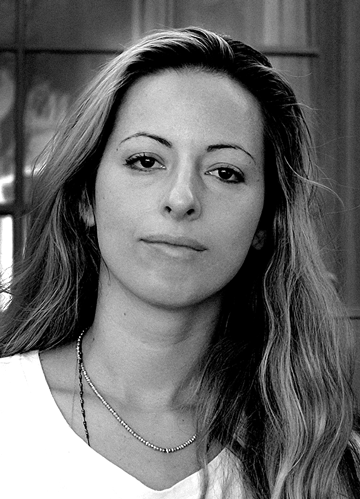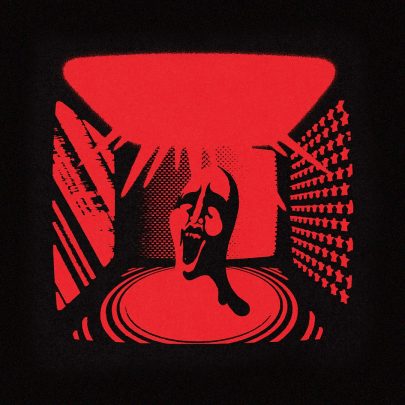Jul 12, 2015 Film & TV
Advice for creatives in search of your next big idea: if it passes you in the street, chase after it. New York film-maker Crystal Moselle (pictured) did just that, and five years later, she scooped Sundance’s Grand Jury Prize for her jaw-dropping debut documentary, The Wolfpack. “When they passed by me there was something about them that really intrigued me,” says Moselle. “I literally just ran after them down the street.”
“They” were the six Angulo brothers, then aged 11 to 18, now in their late teens and early twenties. One by one they ran past Moselle as she walked along the East Village’s 1st Avenue. “We met at the crosswalk and I asked them where they’re from and they said Delancey St and they asked me what I did and I said I was a film-maker. They said, ‘We’re interested in getting into the business of film-making.’”
The Angulo brothers, Bhagavan, Govinda, Narayana, Mukunda, Krisna (now Glenn) and Jagadesh (now Eddie), were dressed in quirky outfits and each had long, never-been-cut hair. They spoke in an unusually precise, polite manner.
 “They didn’t seem like they were from New York City,” Moselle recalls. She befriended them and planned a cute documentary about their attempts to make a short film. As time went on, it became apparent that their lives were far more complicated. It turned out, she was their first friend from “the outside”.
“They didn’t seem like they were from New York City,” Moselle recalls. She befriended them and planned a cute documentary about their attempts to make a short film. As time went on, it became apparent that their lives were far more complicated. It turned out, she was their first friend from “the outside”.
“I uncovered so many complex layers and it really became a whole other film. I felt like I had to be delicate with the situation once I really found out what was going on.”
What was really going on? The boys and their sister Visnu (she’s the eldest, and developmentally challenged) were prisoners in their high-rise public housing complex. Their father, Oscar, a Peruvian follower of Hare Krishna, had become deeply paranoid about the world and let the family out on only rare occasions. Neighbours reportedly had no idea of the children’s existence.
Thankfully, their mother, Susanne, showered them with love and excellent homeschooling, and the boys found a creative outlet in meticulous reconstructions of their favourite films, from Reservoir Dogs to The Dark Knight.
In other hands, this could have been one of “those” American television documentaries: doom-laden soundtrack, interrogations with social services, outraged “how could this happen?” tone. Fortunately, Moselle is not those hands. This is Gen Y telling a story about Millennials; no judgmental voice-over, no reconstructed flashback device. The family’s VHS footage fills many of the gaps, our imaginations are allowed to do the rest.
In the right ways, The Wolfpack is similar in tone to Tina Fey’s smart new comedy Unbreakable Kimmy Schmidt, in which a 20-something woman who had been locked in a bunker since her teens goes all Mary Tyler Moore on the streets of New York. In other ways, there are shades of Richard Linklater’s Boyhood, in which Patricia Arquette’s character ultimately frees herself from a string of abusive relationships as her children gain their own agency. Susanne Angulo was as much a victim of Oscar’s delusions as her children were.
“The mother had the biggest transformation of all,” Moselle agrees. “The boys, they’re going through adolescence and rebellion growing up, but she was a victim of the situation as well, and she wasn’t going out of the house either. I think they really freed her in their process of going out.”
Moselle met the Angulo brothers just as they were starting to challenge their father’s rule. Now, Oscar is a shirtless slob who drinks and watches television alone. Susanne is going for long runs and is getting to know her family again. Govinda, one of the brothers, has moved into his own apartment. The boys have friends, jobs and lives outside the house. Though the film hints at darker parts of their childhood, optimism and positivity run through The Wolfpack.
And, weirdly, their strange and sad upbringing is the very thing that makes them special in the world. “Yeah. I think they know they’re unique,” says Moselle, who is helping them set up their own production company. “But it’s their lives so it’s all they know. We’re very much about moving forward and moving on and not talking about the past. We all feel like this is an uplifting story, and this is an important part to remember.”





